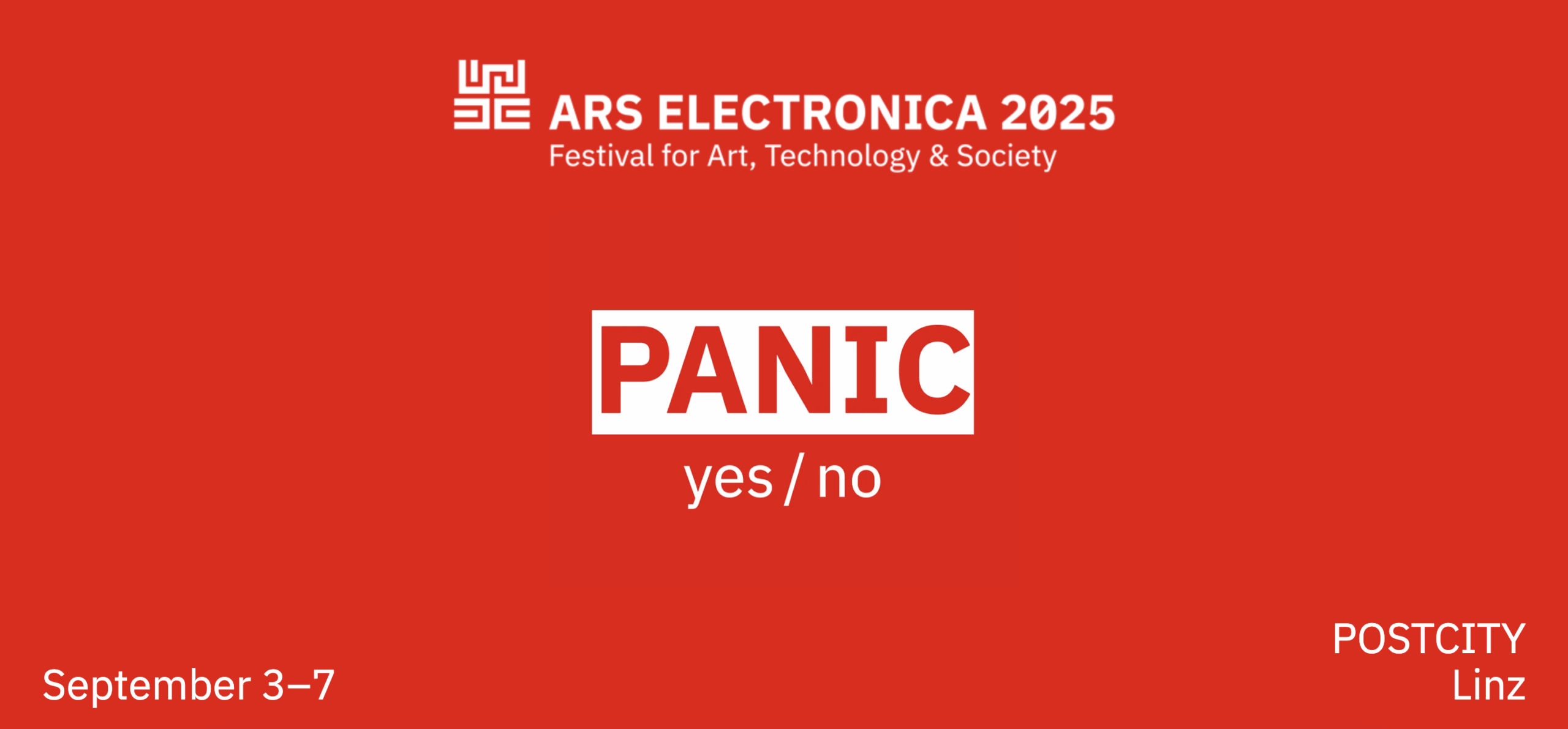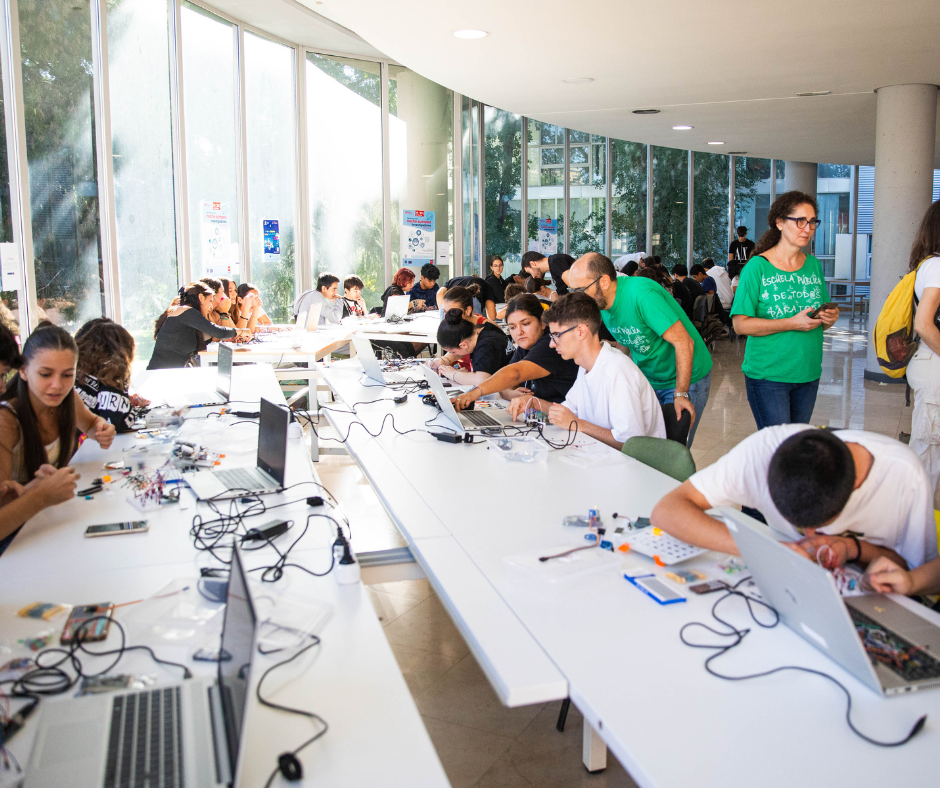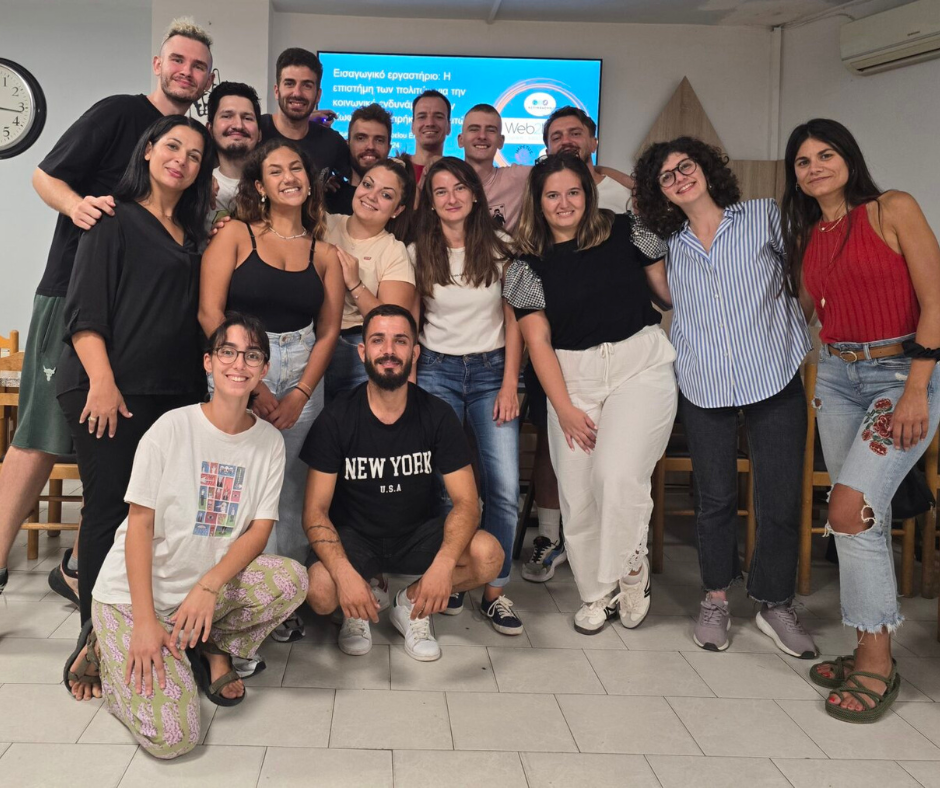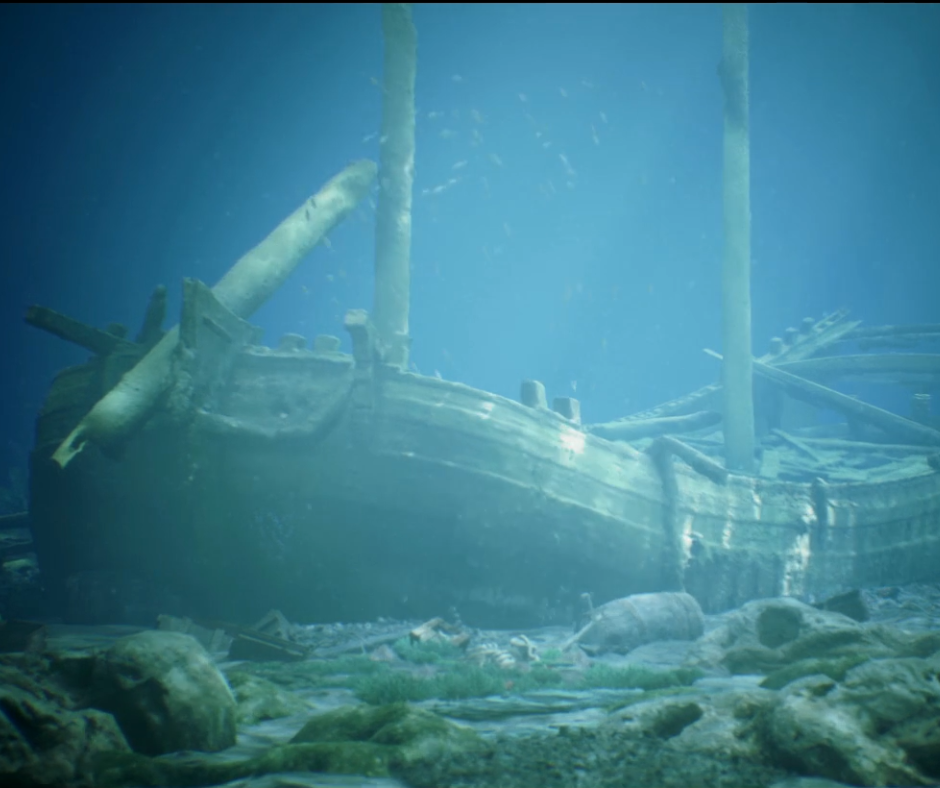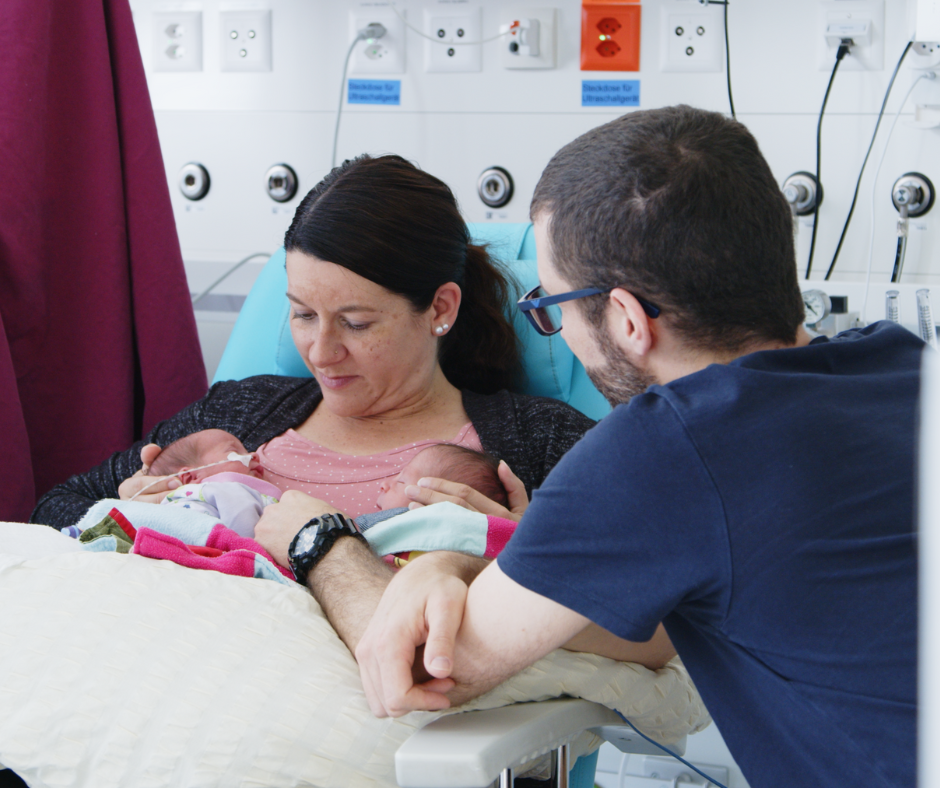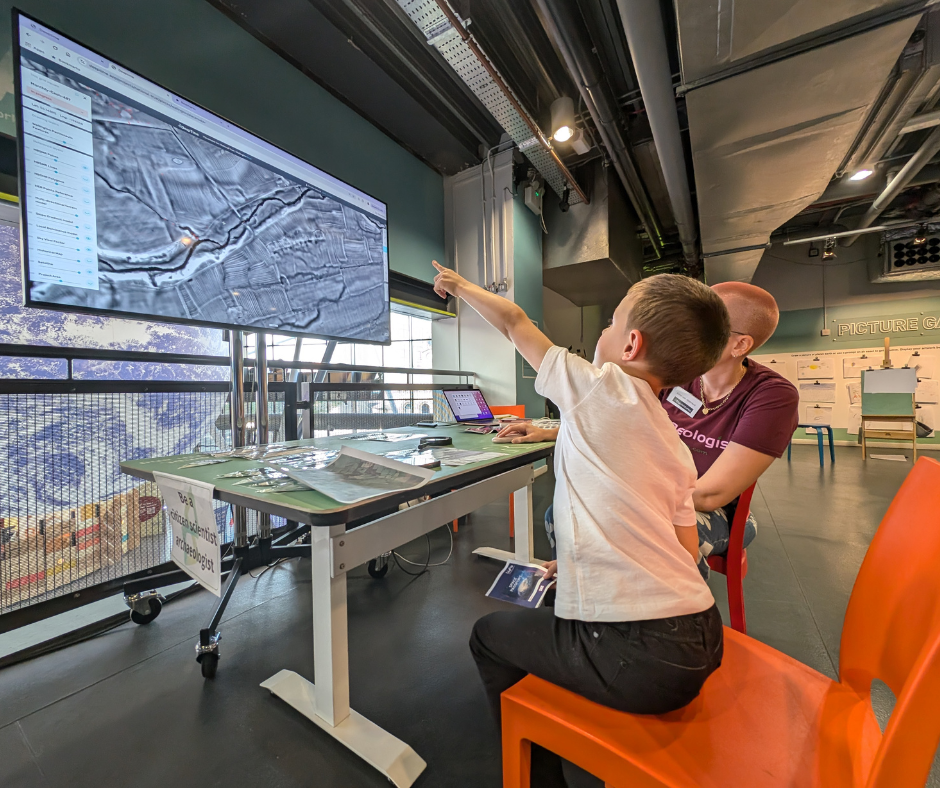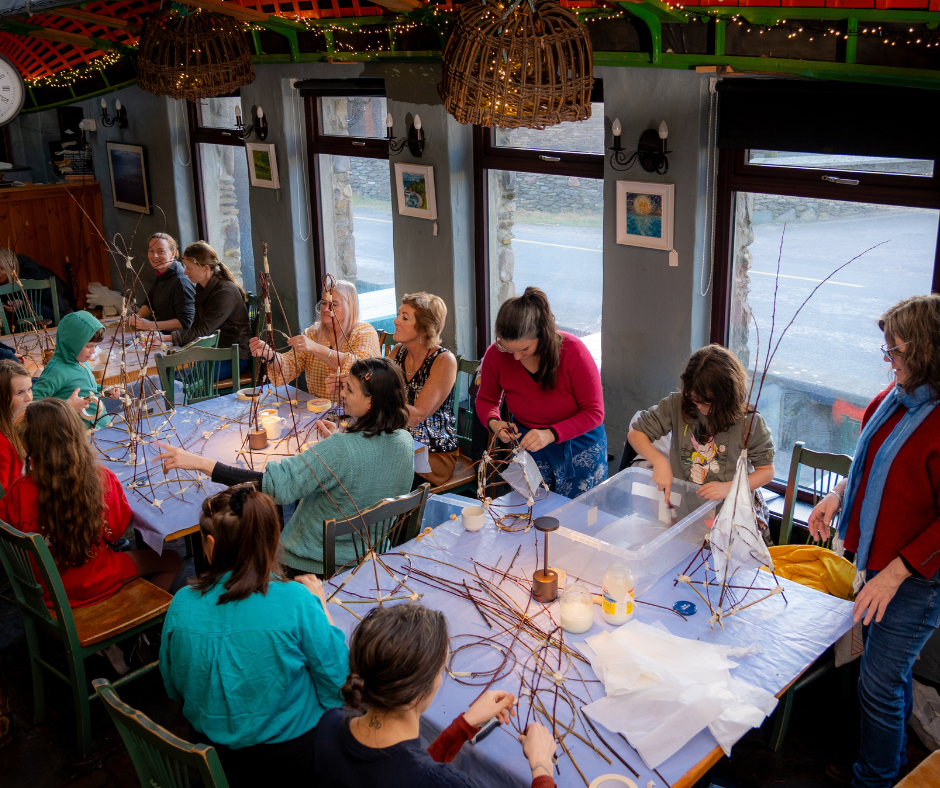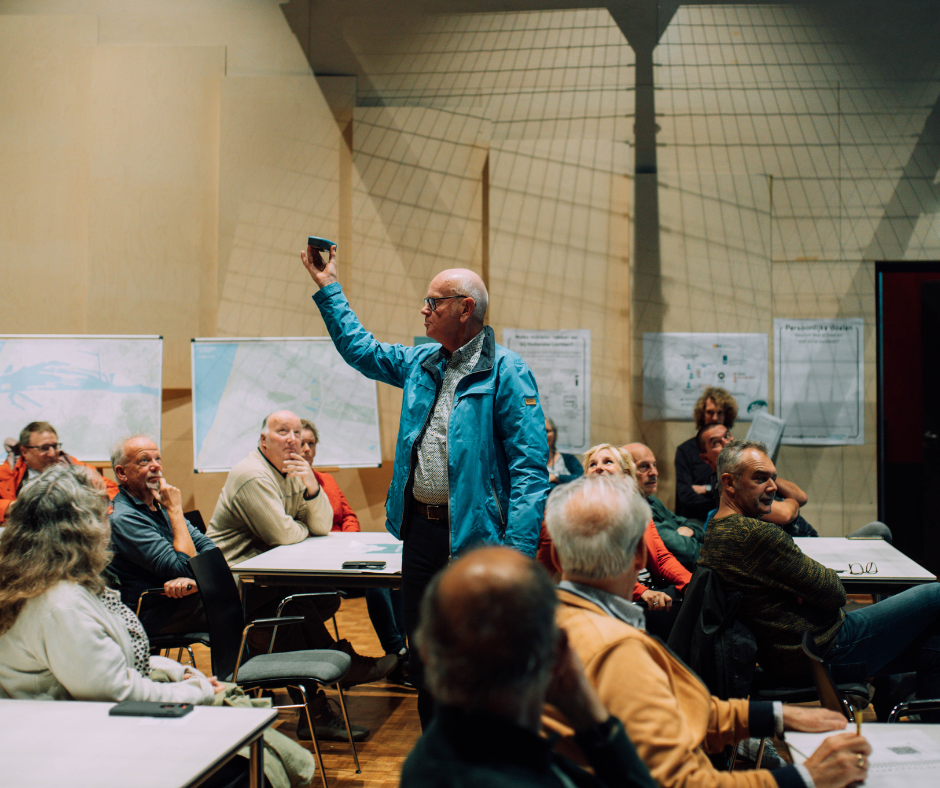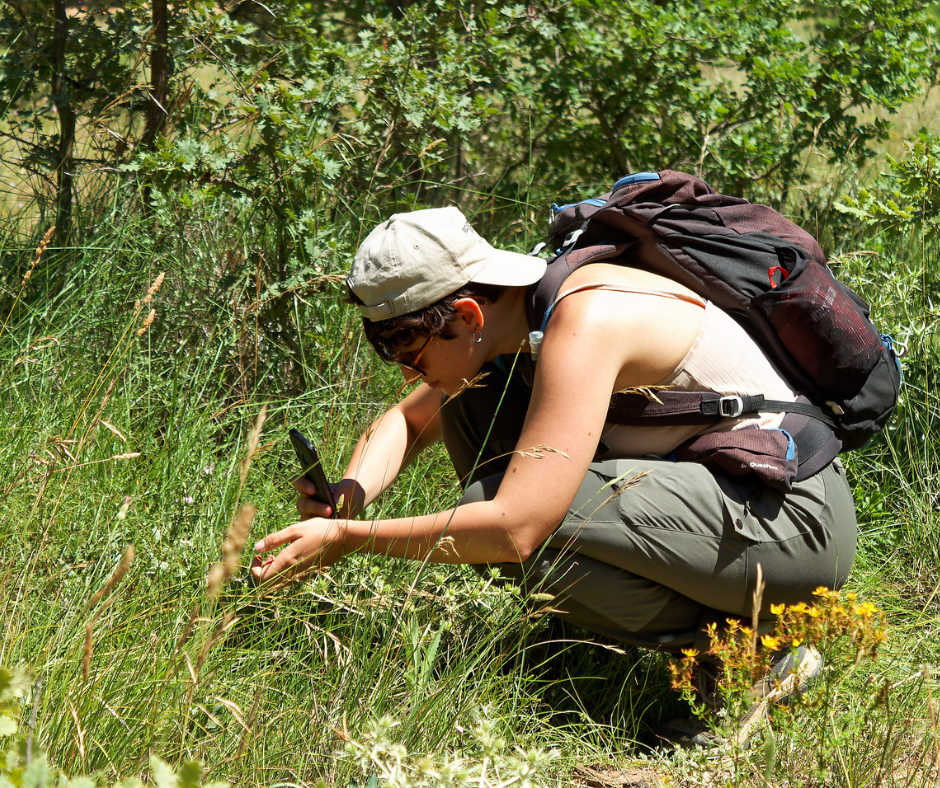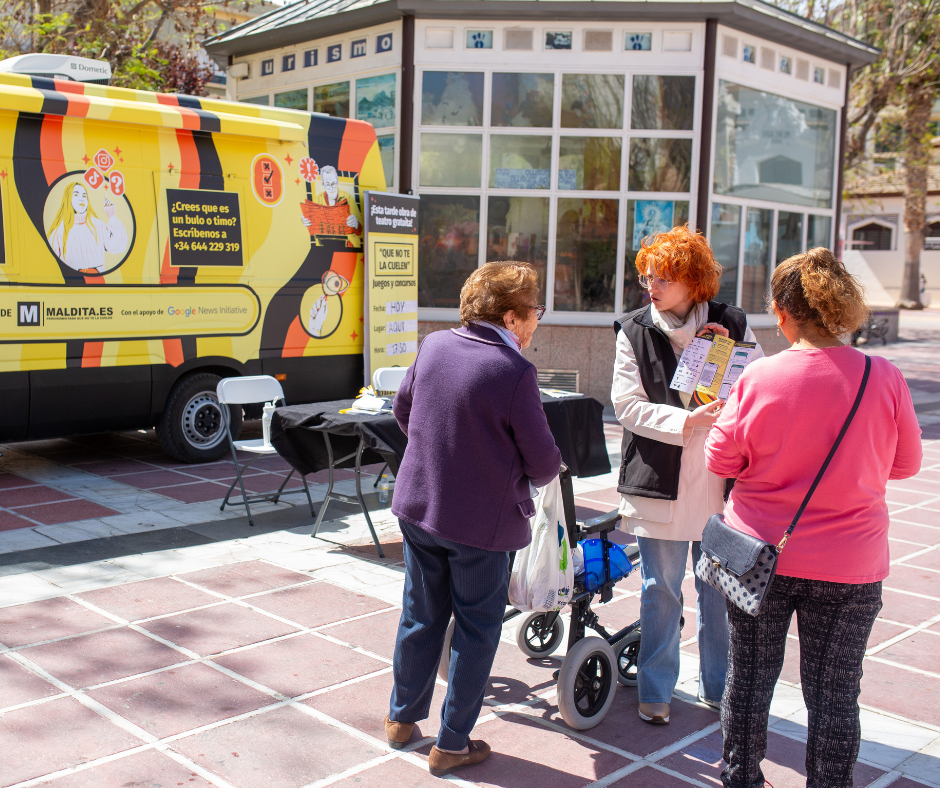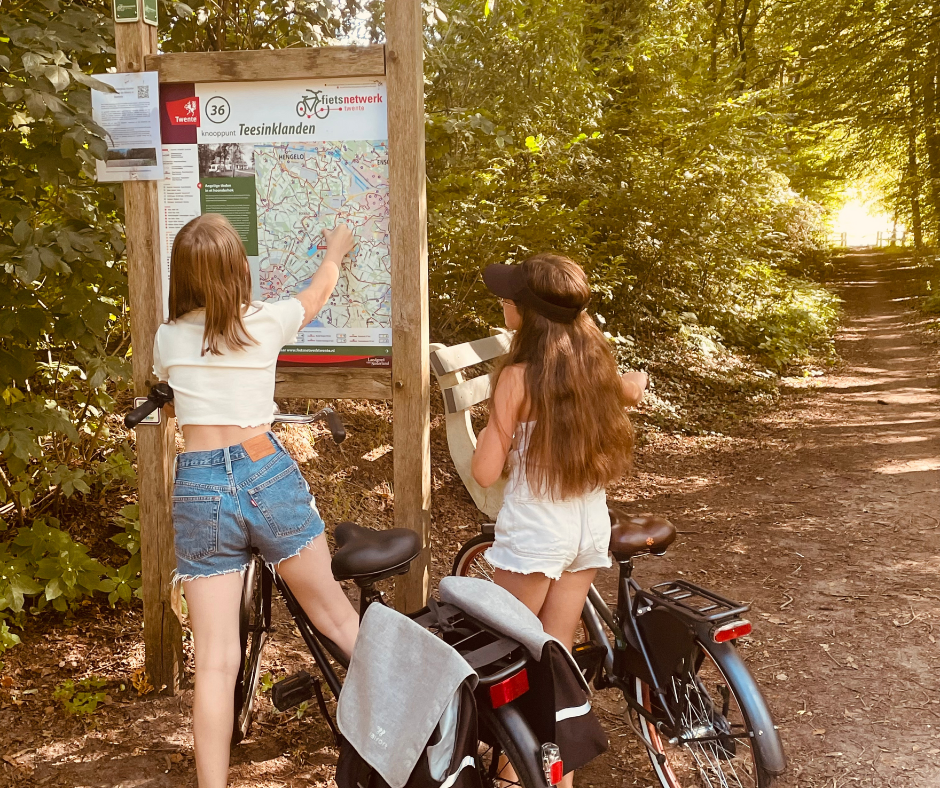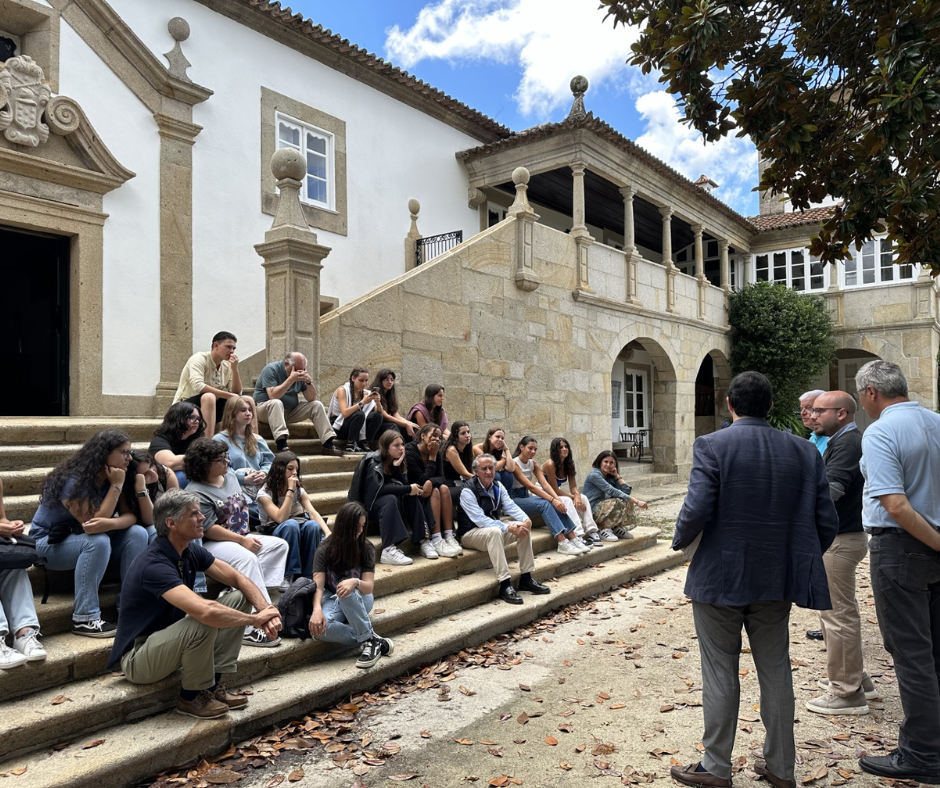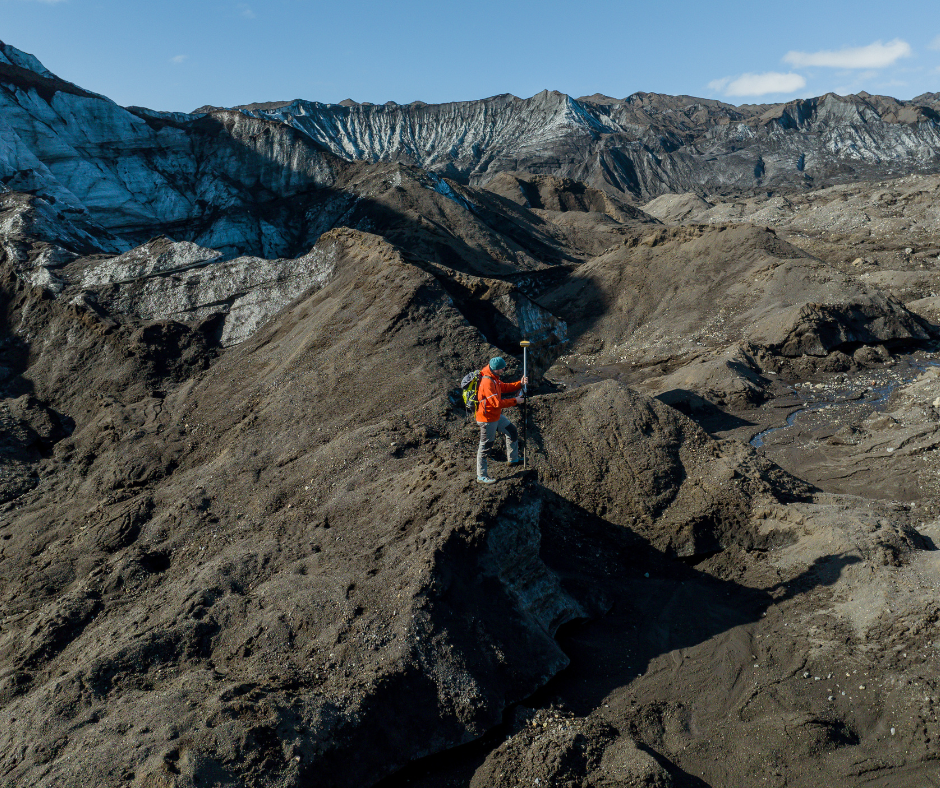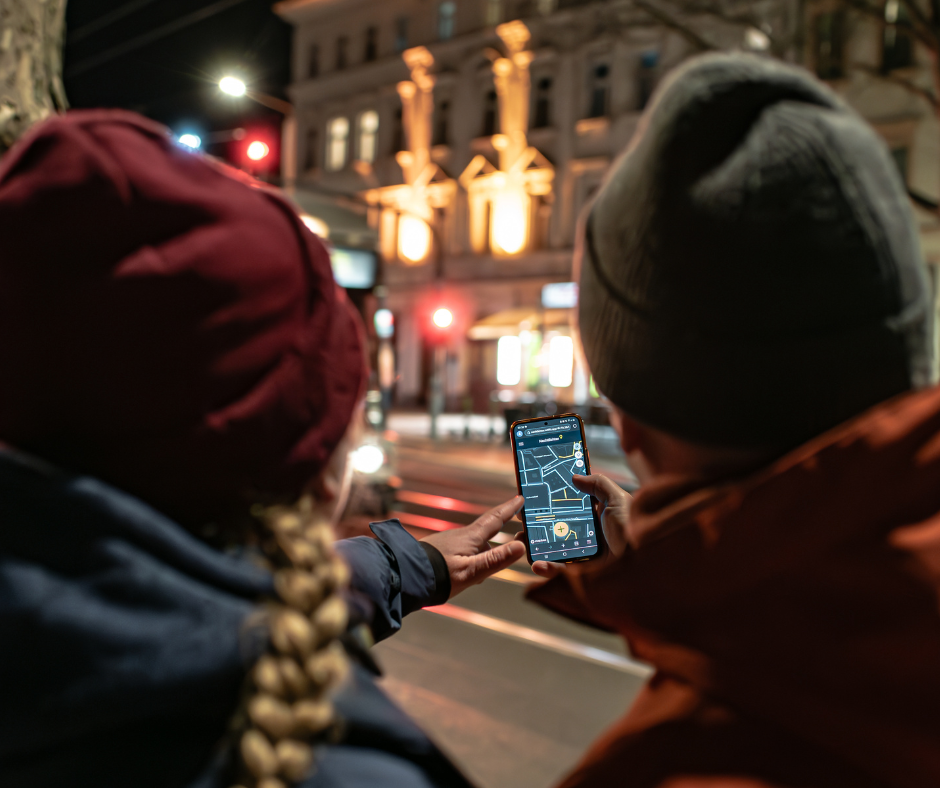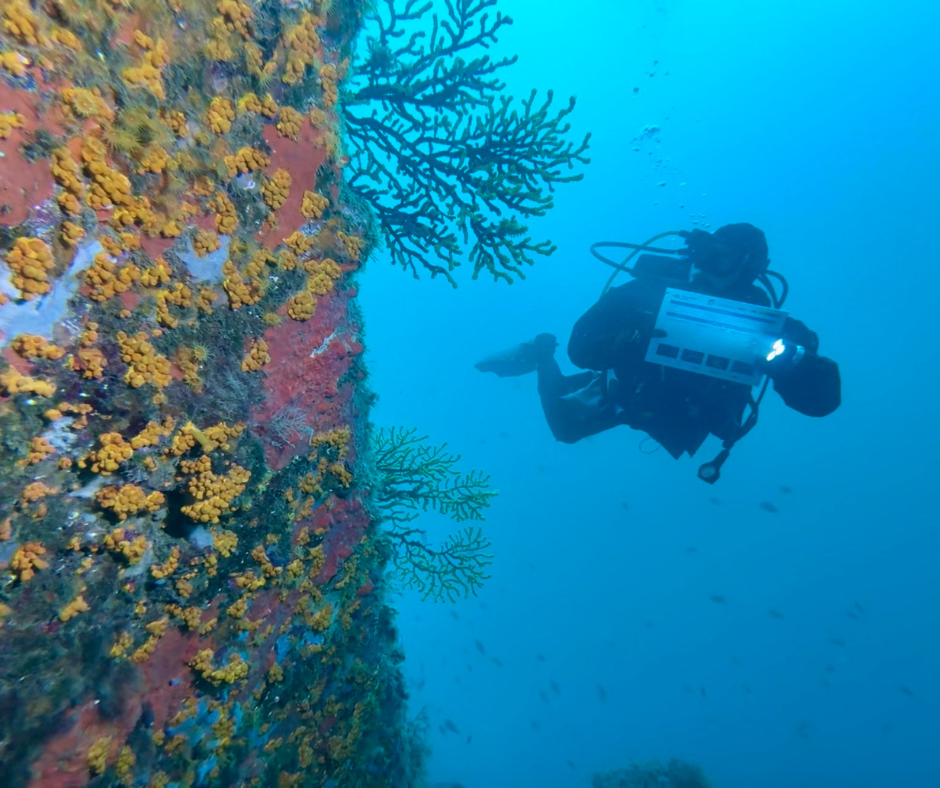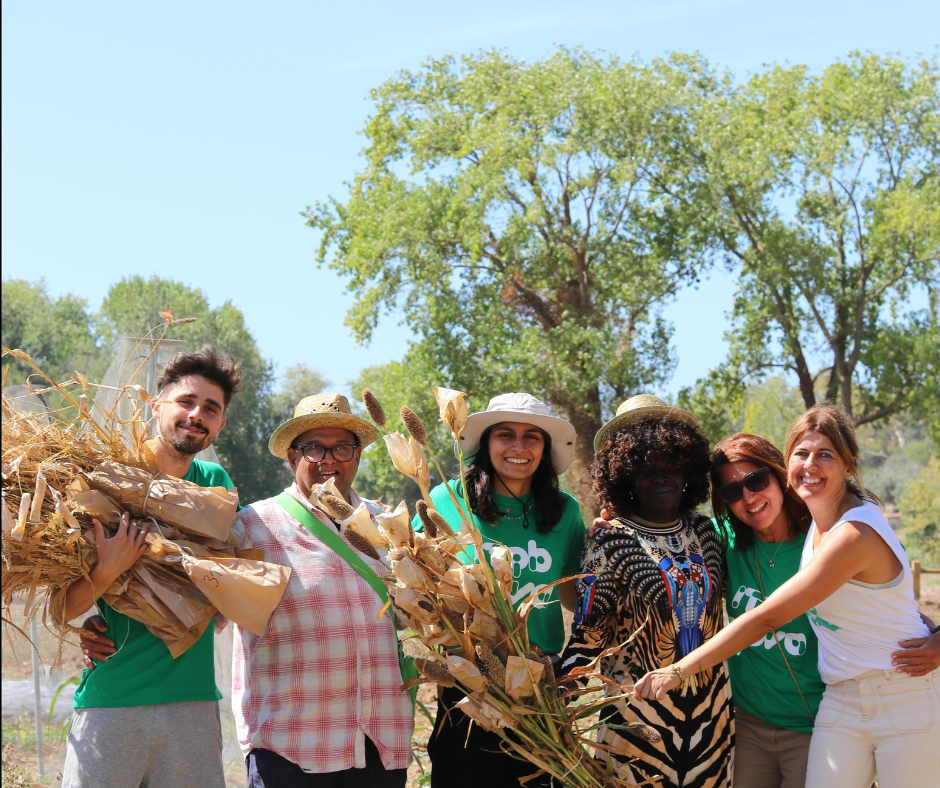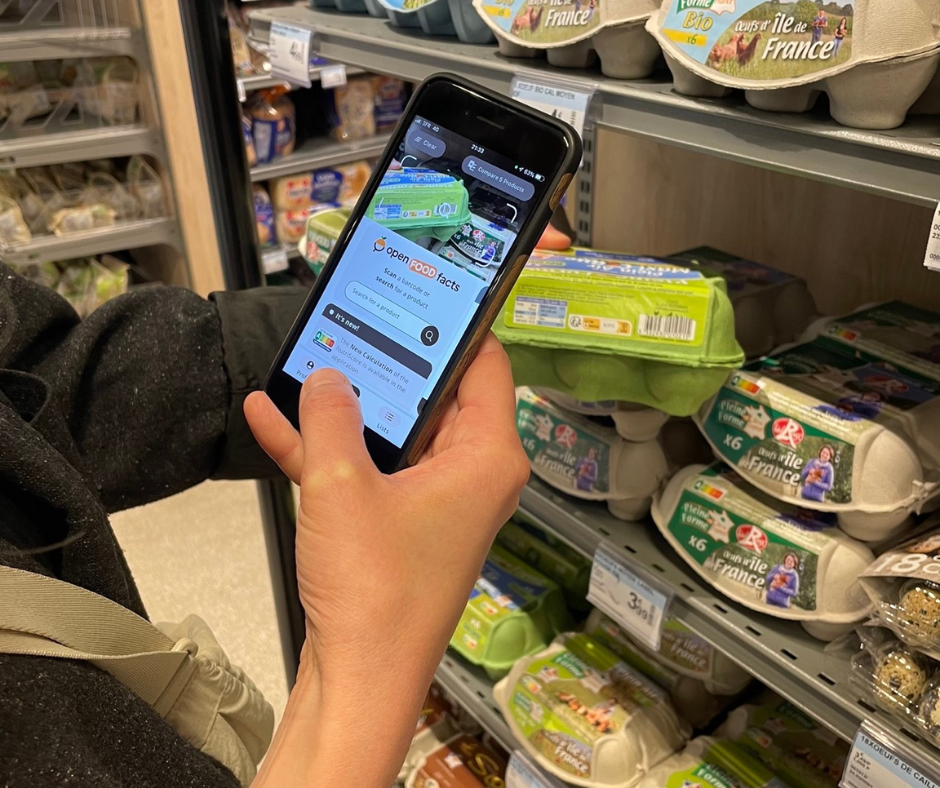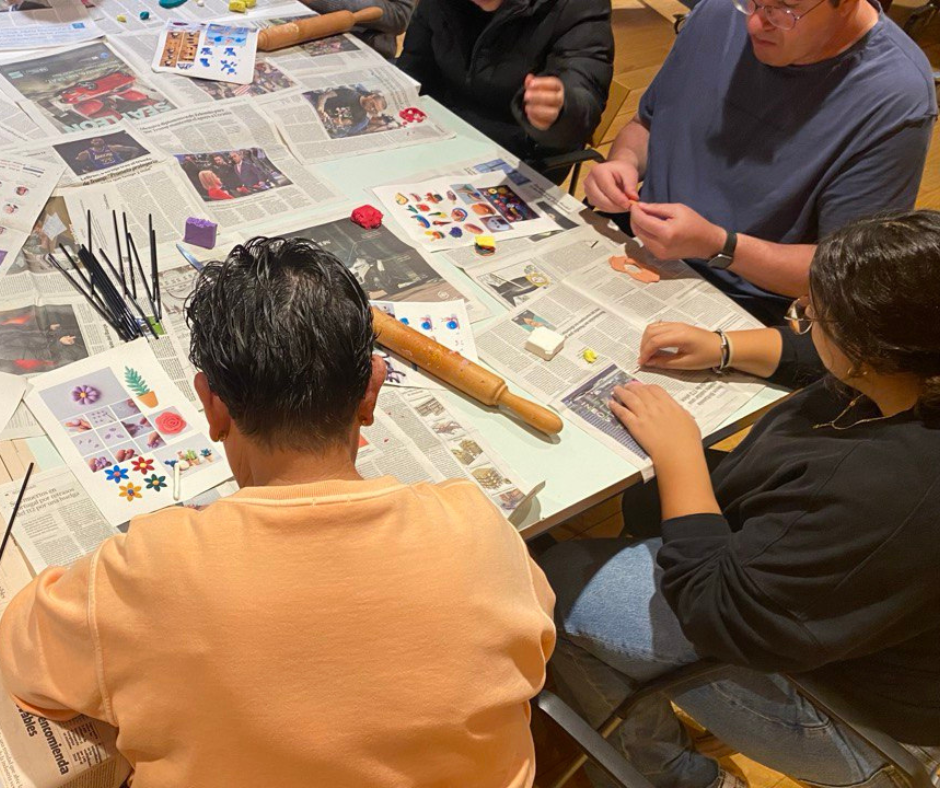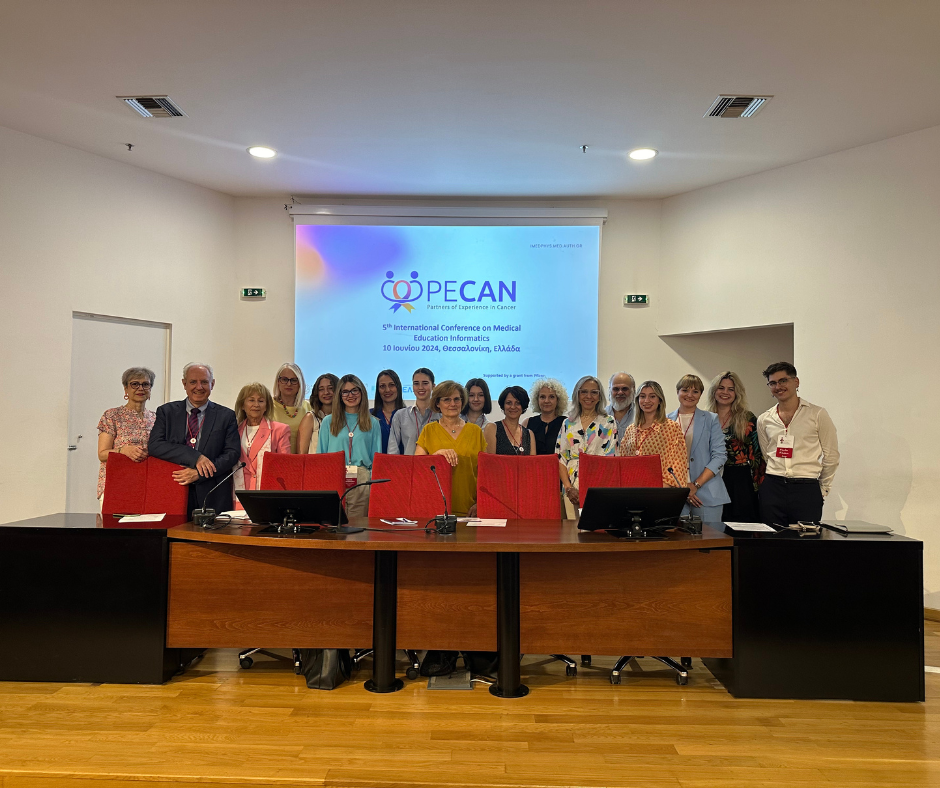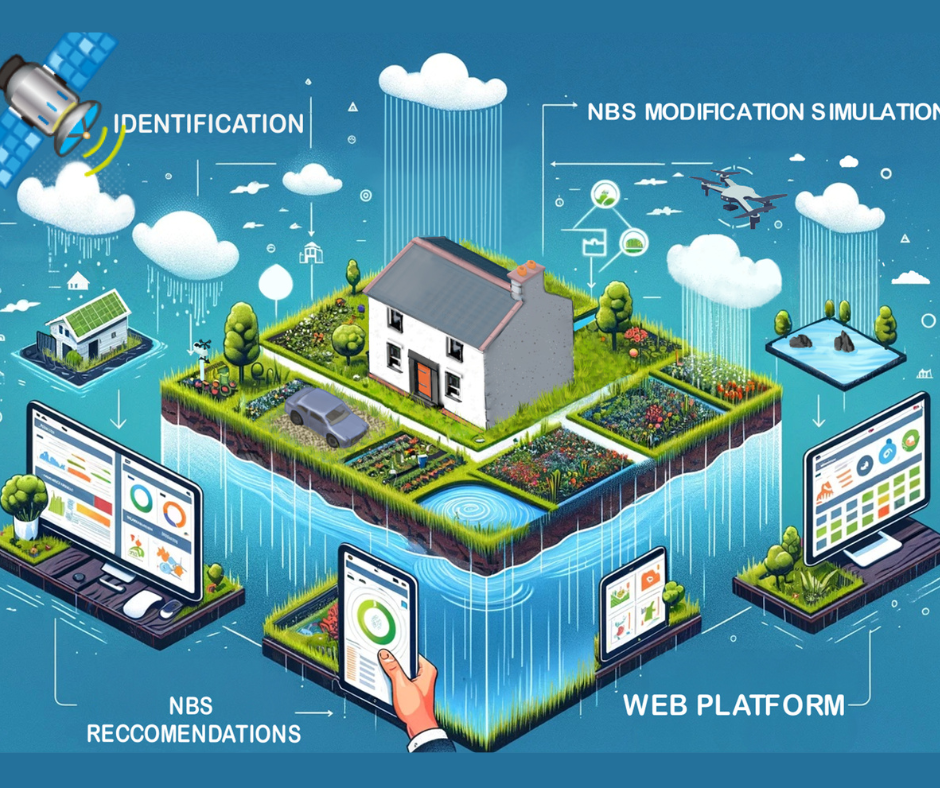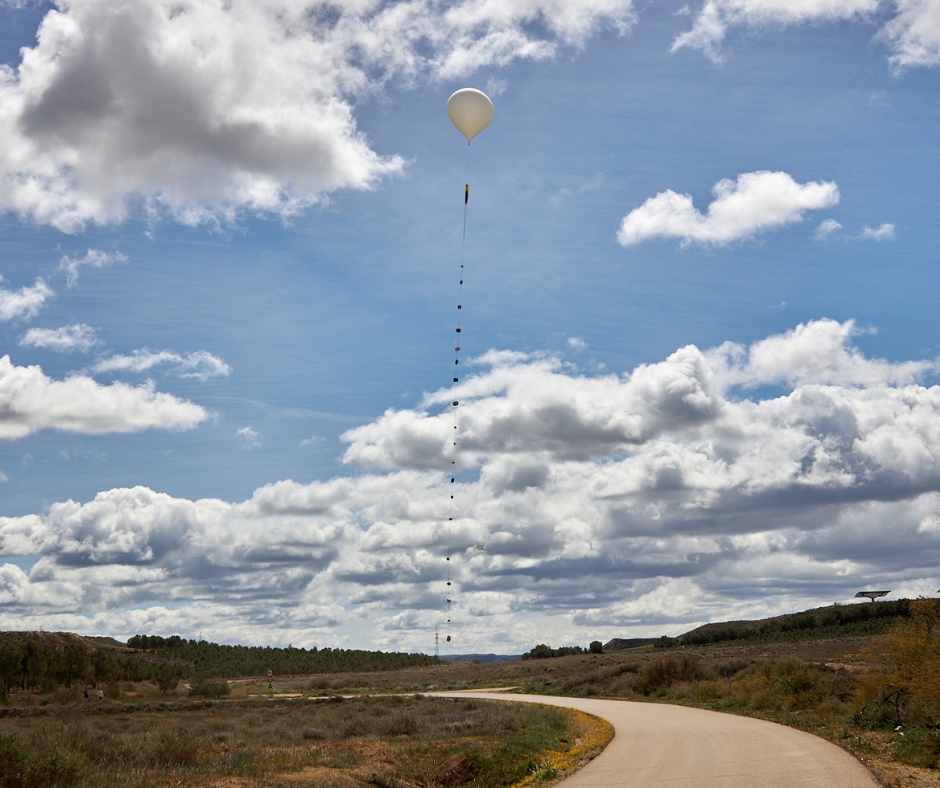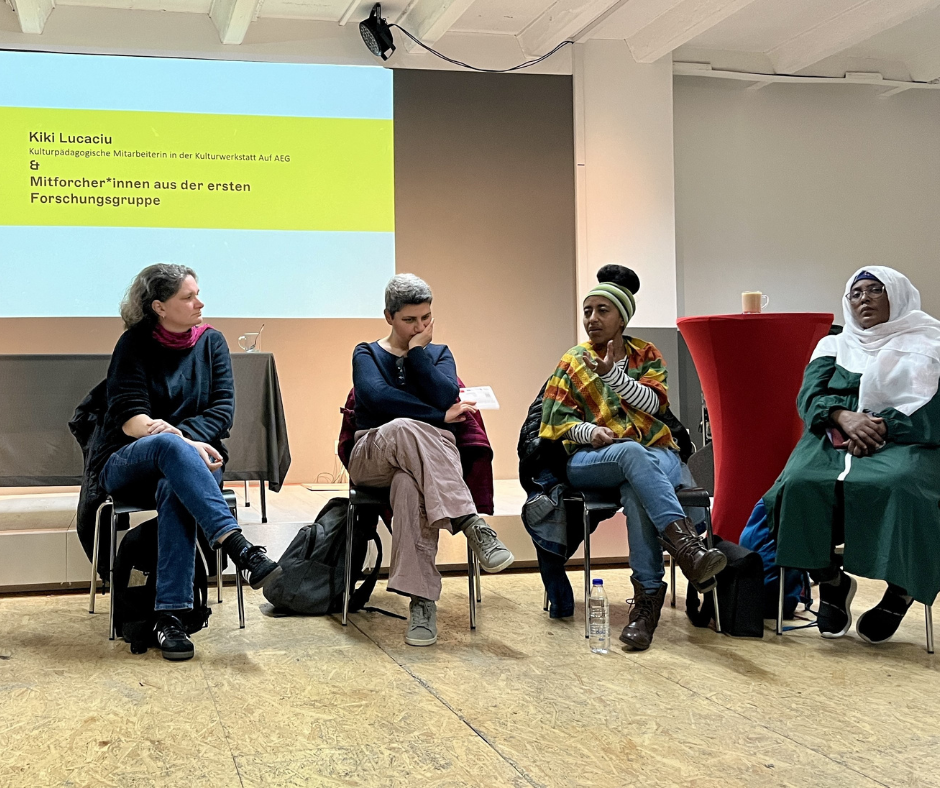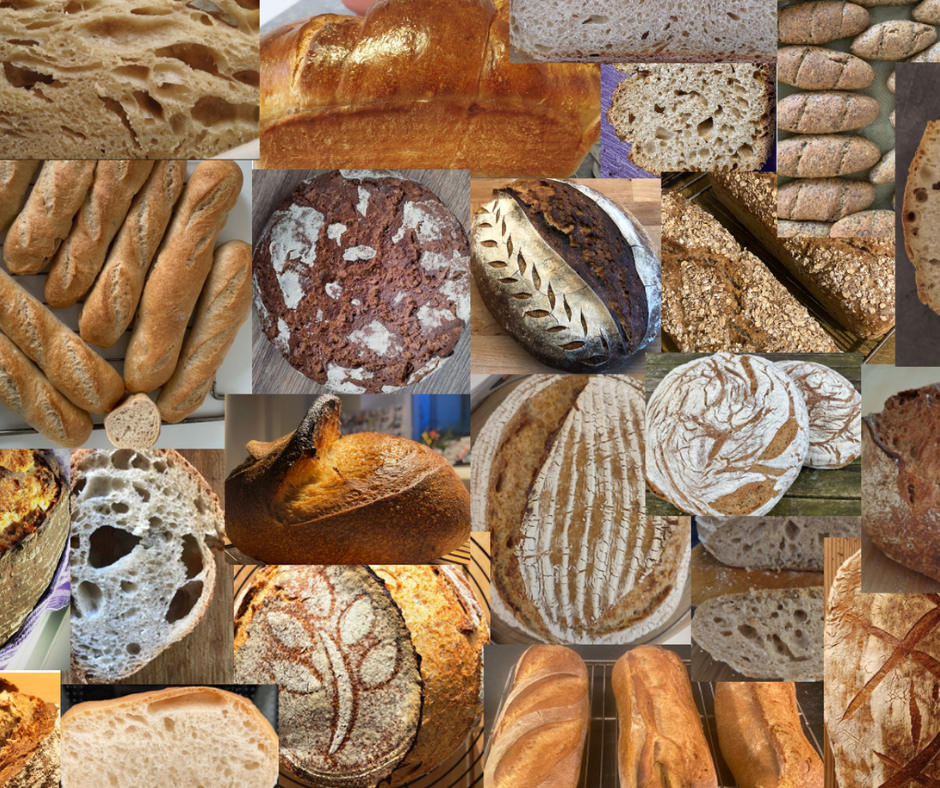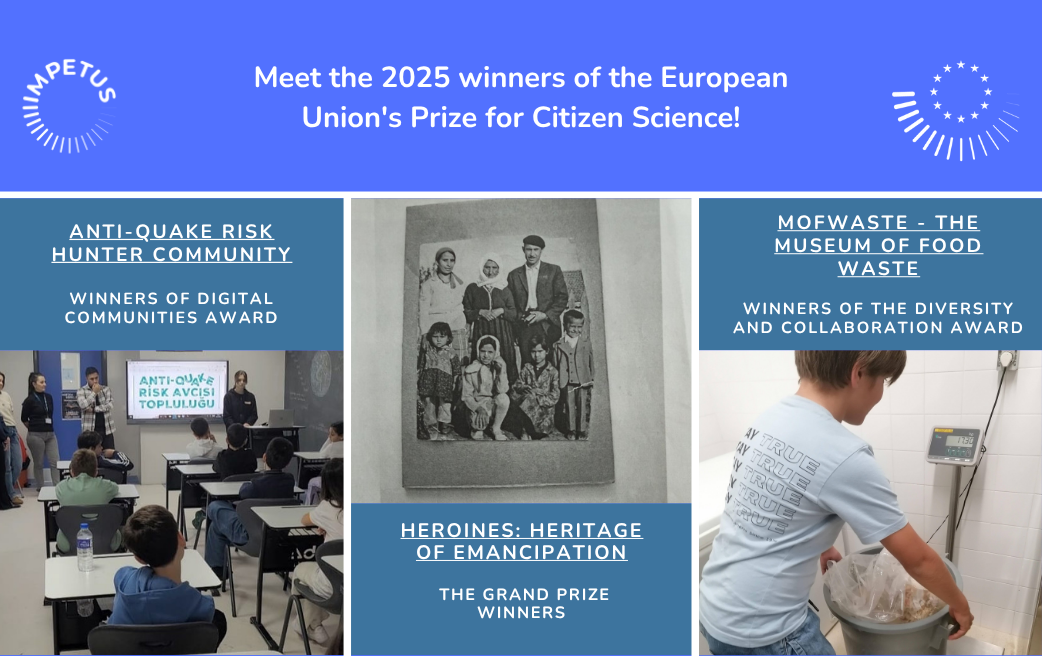
We are delighted to announce the winners of the 2025 European Union Prize for Citizen Science!
Our third call for entries, held from January to March 2025, attracted over 400 submissions from across Europe, an inspiring testament to the richness and diversity of citizen science initiatives flourishing today. We extend our heartfelt thanks to everyone who submitted their project.
From 409 outstanding entries, 30 have been selected to receive one of our three cash prizes, €60,000 for the Grand Prize, and €20,000 each for the Digital Community and Diversity & Collaboration Awards, or to be recognised with one of 27 Honourable Mentions. It was no easy task for our 2025 jury, who undertook a rigorous and thoughtful evaluation process.
The winners were officially announced on 19 June at the Advancing Public Engagement and Citizen Science in the European Research Area event, organised by the European Research Executive Agency (REA) in collaboration with the EU-funded projects IMPETUS and European Citizen Science (ECS).
You can watch the recording of the event here.
Grand Prize Winner:
HEROINES: Heritage of Emancipation – Empowering Roma Women through Building Networks of Solidarity
Ivan Đorđević (RS), Slavica Vasić Mitrović (RS), Lada Stevanović (RS), Bojana Bogdanović (RS), Miloš Rašić (RS), Milena Jokanović (RS), Marija Đorđević (RS), Svetlana Ilić (RS), Svetlana Marinković (RS)
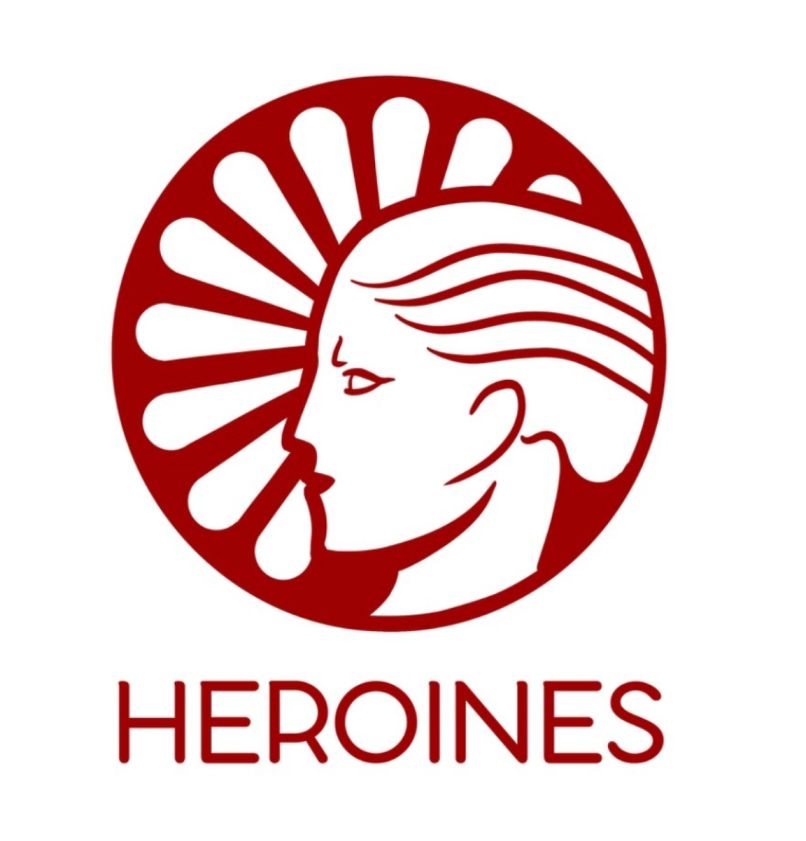
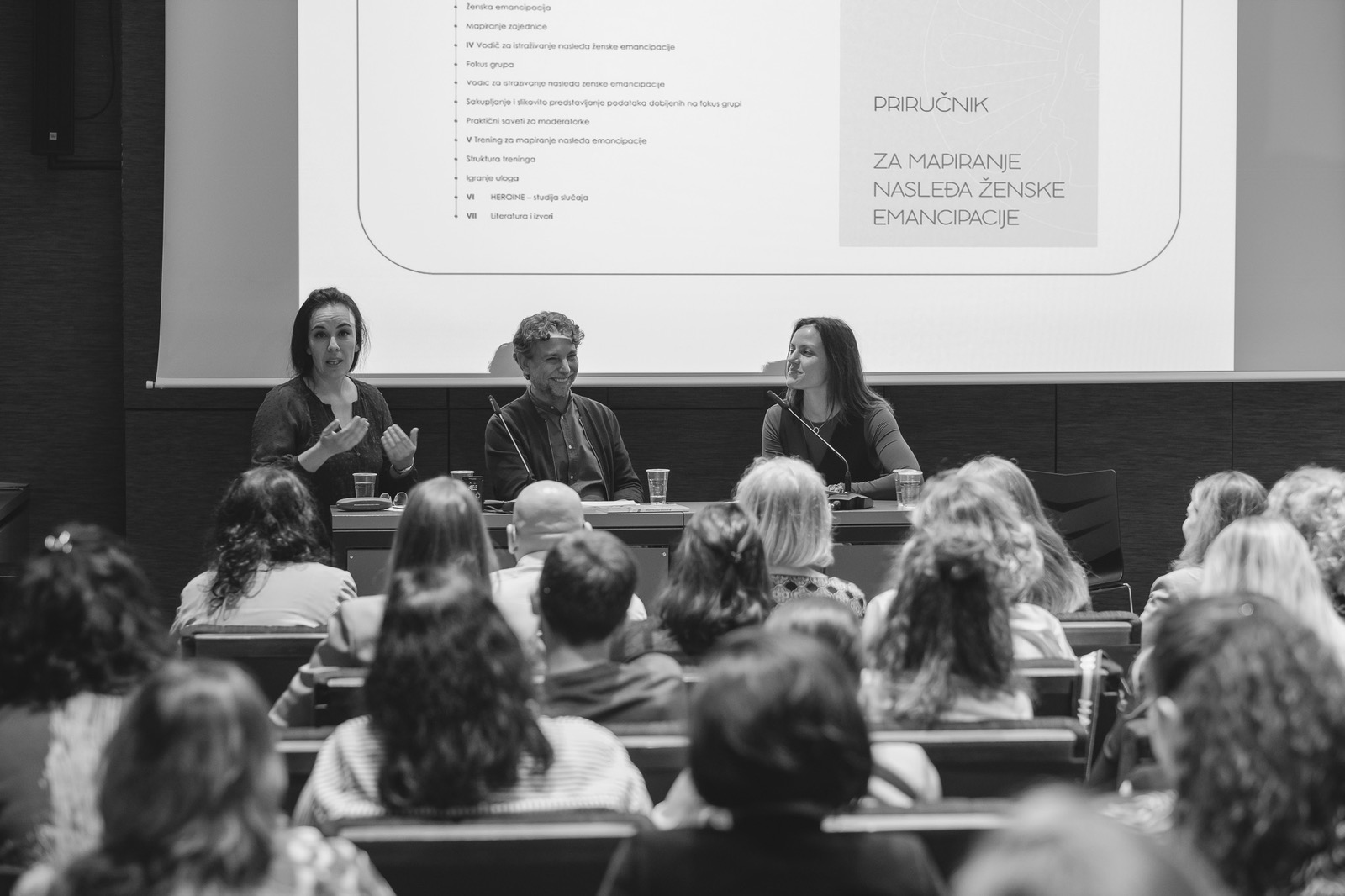
The HEROINE project focuses on the issue of the emancipation of Roma women in Serbia, using a methodology that seeks to overcome the limitations of existing research. It is designed as a collaborative practice that emphasises partnership with the community through the application of the participatory methodological tool of community mapping.
The basic idea of the project is to offer a framework for understanding the process of emancipation of Roma women in certain communities in Serbia through participatory research and data collection. The participation of Roma women in all stages of implementation, from research design to data collection and their final selection, not only allows their voices and perspectives to be heard but also contributes to strengthening the capacity of the community itself. The project results, such as the Community Mapping Manual, the publication and the mobile exhibition dedicated to the emancipation of Roma women, thus become a collaborative product that shows all their strength and resilience.
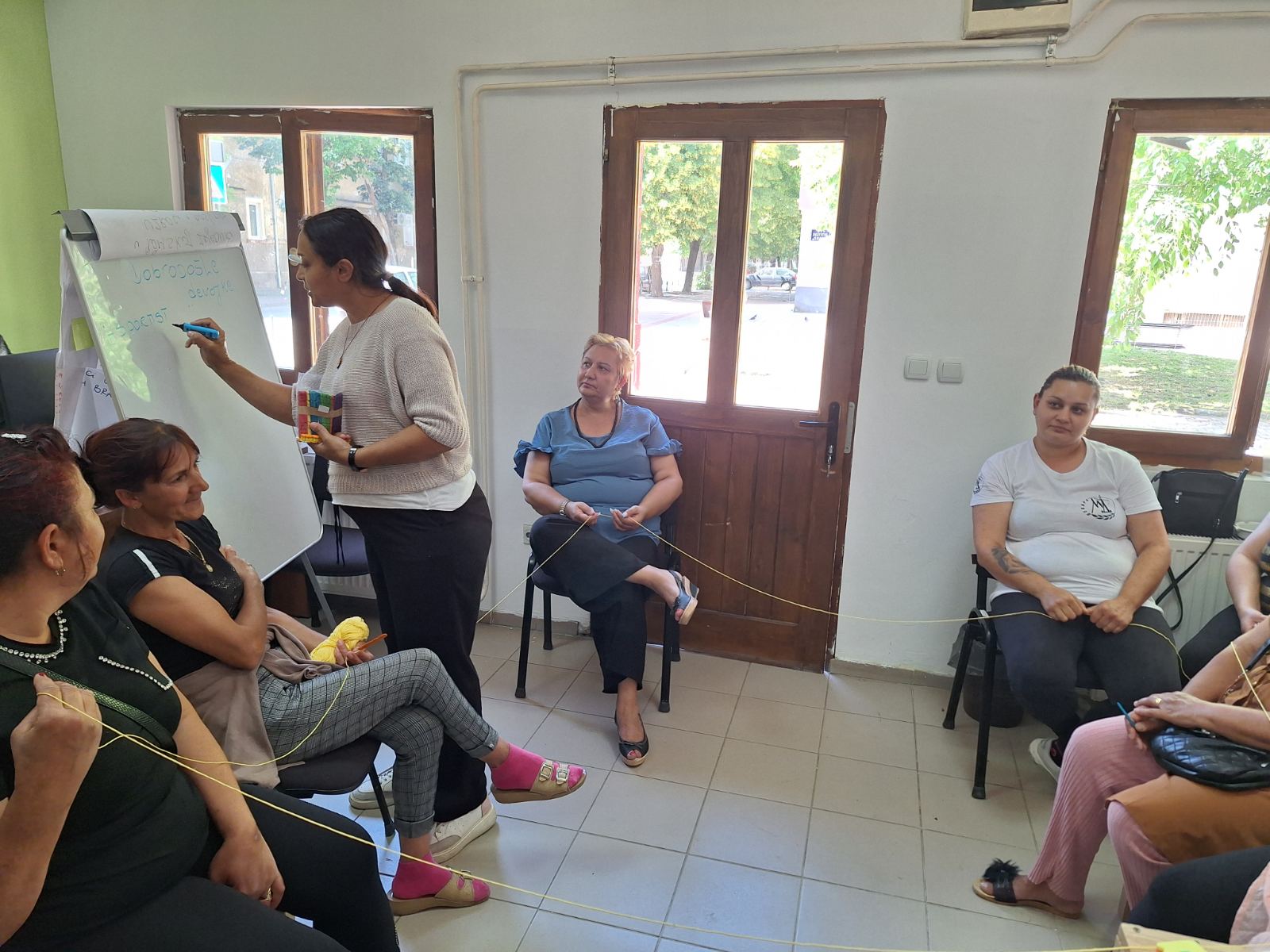
Read the Jury Statement about the HEROINES project
At a time when the grassroots, student-led civil movement in Serbia shines as a beacon against the backdrop of authoritarianism advancing across the world, recognising and celebrating the transformative power of Citizen Science projects such as HEROINES is crucial. The HEROINES project—short for Heritage of Emancipation: Empowering Roma Women through Networks of Solidarity—is a Citizen Science initiative led by the Institute of Ethnography SASA in close collaboration with two community-based partners, the Roma Women’s Center Bibija and the Successful Women of Kostolac association. The Roma are Europe’s largest ethnic minority and are still routinely victims of prejudice and social exclusion. The project’s primary aim is to understand the process of emancipation of Roma women in Serbia through participatory research and data collection of rarely shared oral stories and individual experiences in three urban areas, the capital, Belgrade, Kostolac, and Pirot. The project uses community mapping methodology to interpret and reflect on the data collected while recognising the importance of community voices to take control of their own development and offer new ways to shape their own future.
The jury members were impressed by the inclusion of Roma women at all stages of the process and the deep partnerships with the Roma community-based organisations, which have decades of experience in Roma female activism. This showcased the strength, resilience, and achievements that have often been excluded from the discourse. The team have published about their methodology in Serbian and the jury would encourage them to continue publishing about their work internationally, so that their work can reach a larger audience and serve as inspiration on how research institutions can develop partnerships with community-based organizations and together co-produce new knowledge that would be difficult to obtain by other means. The community mapping methodology developed in this project represents an innovative contribution to the Citizen Science landscape. While its core principles could inspire similar efforts elsewhere, it is not easily replicable without the long-term commitment to building relationships and establishing trust within communities. This makes the project a role model—not simply for the method itself, but for the process of co-creation it embodies. The approach is particularly impactful in contexts where individuals are often socially or geographically isolated and where opportunities for collective knowledge production are limited.
The project’s partnerships have been key to enabling a highly transformative impact, with achievements of great relevance both for the involved communities and for broader societal reflection. Importantly, the project also contributes a distinct and enriching perspective to the scientific discourse on this topic. Such efforts are especially commendable in countries where historically marginalised groups remain underrepresented or rendered invisible in public discourse. In such contexts, fostering diversity of voices and strengthening representation in knowledge production are essential. This project demonstrates how these goals can be meaningfully advanced through the combination of scientific methods and sustained, community-rooted collaboration, carried out with remarkable dedication over the long term, despite limited financial resources.
Digital Communities Award:
Anti-Quake Risk Hunter Community
Yelda Ademoglu Gulkilik (TR / XK), Vincent Bouvard (TR), Umut Koca (TR), Isin Malhas (TR), Uluc Ali Demir (TR)
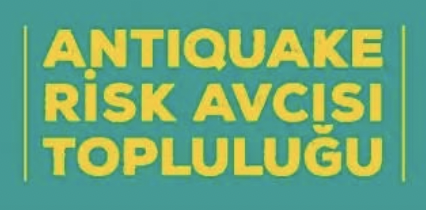
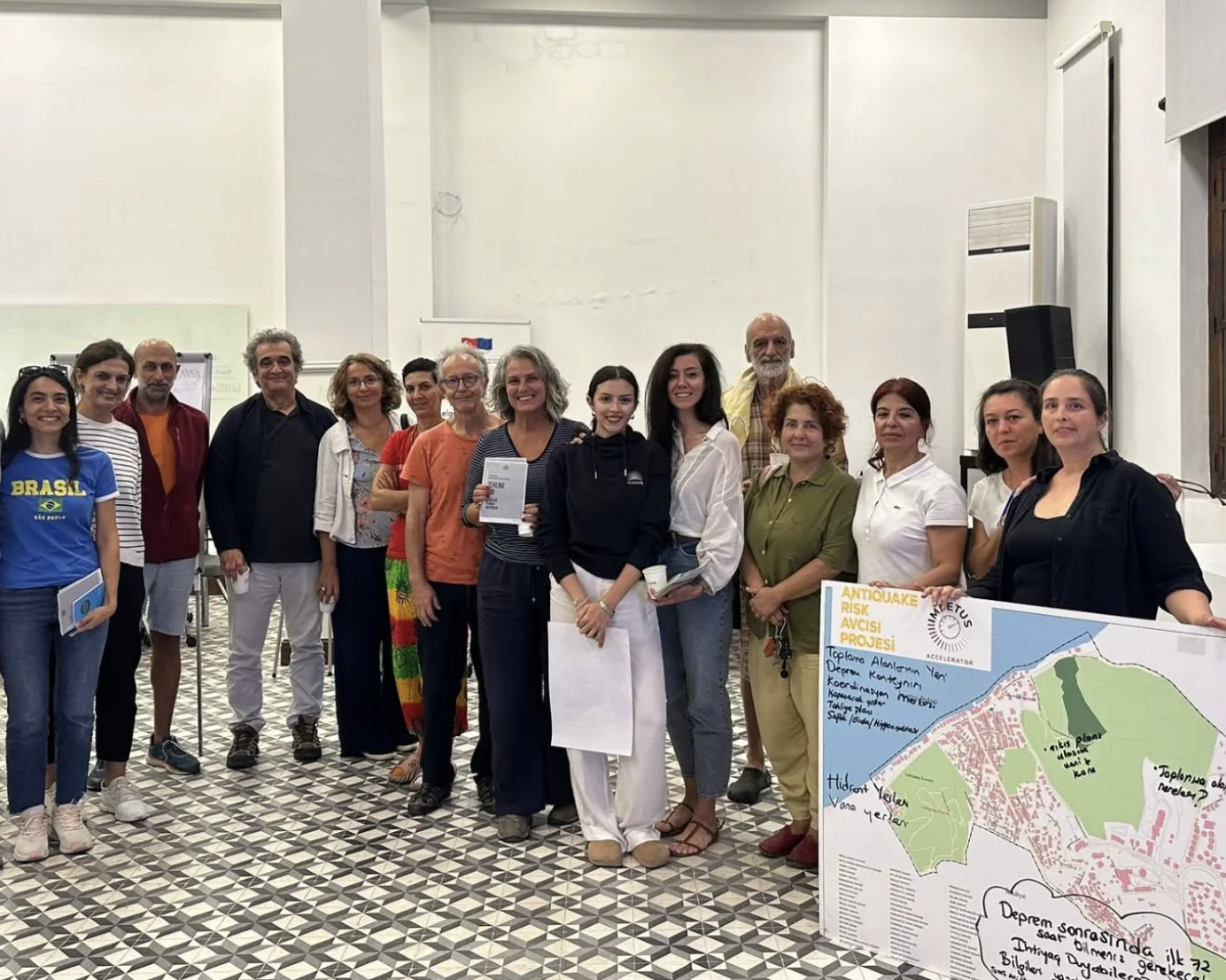
The Antiquake project aims to enhance community resilience to earthquakes in Kuzguncuk, Istanbul, through citizen science and community engagement. It involves developing customised risk mapping and disaster reduction plans, raising awareness, and fostering stakeholder collaboration. By leveraging local knowledge and resources, the project aims to effectively empower communities to prepare for and respond to the unavoidable Istanbul earthquake.
The project seeks to mobilise diverse stakeholders, including residents, community organisations, and local authorities, through training programs, data collection campaigns, and outreach activities. The project aims to create sustainable risk reduction measures and improve disaster management capacities by integrating neighbourhood social capital and promoting inclusivity.
Ultimately, the project strives to build a resilient community capable of mitigating the impacts of earthquakes and fostering long-term disaster preparedness and response efforts in the region.
Read the Jury Statement about the Antiquake Risk Hunter Community project
Climate change is amplifying weather-related disasters worldwide and 19% of Europe’s population is exposed to multiple natural hazards according to the European Commission’s Joint Research Centre. The Antiquake Risk Hunter Community project is a citizen-driven initiative launched by residents of a historic and touristic Istanbul neighbourhood. The project worked with over 150 citizen scientists to conduct urban monitoring activities and to identify risks and map vulnerabilities, collecting geolocated data using open-source tools like OpenStreetMap.
The jury highlighted the wide range of collaborators involved: residents, schools, municipal authorities, and disaster management professionals allowing *Antiquake* to foster a collaborative, bottom-up approach to risk assessment and community resilience throughout a digital space. Youth engagement played a central role, with students designing accessible emergency information materials and participating in drills. The project’s strong emphasis on capacity building, community engagement, and open data is commendable and offers a valuable model for replication in other contexts and in relation to other natural hazards. Collaborative digital technologies are central to the *Antiquake* project and demonstrate its excellence in fostering communities that can actively participate in Europe’s digital transformation.
The jury encourages the project to serve as a model for how to responsibly handle and share sensitive geospatial information—such as mapped vulnerabilities or risk zones—that may influence perceptions, property values, or insurance.
Diversity & Collaboration Award:
MoFWaste – The Museum of Food Waste
Rio Neiva – Environmental NGO (PT), António Rodrigues Sampaio School Group (PT), António Correia de Oliveira School Group (PT), Henrique Medina Secondary School (PT), Monte da Ola School Group (PT), ATAHCA – Association for the Development of Terras Altas do Homem, Cávado e Ave (PT), Municipality of Esposende (PT), Municipality of Viana do Castelo (PT)

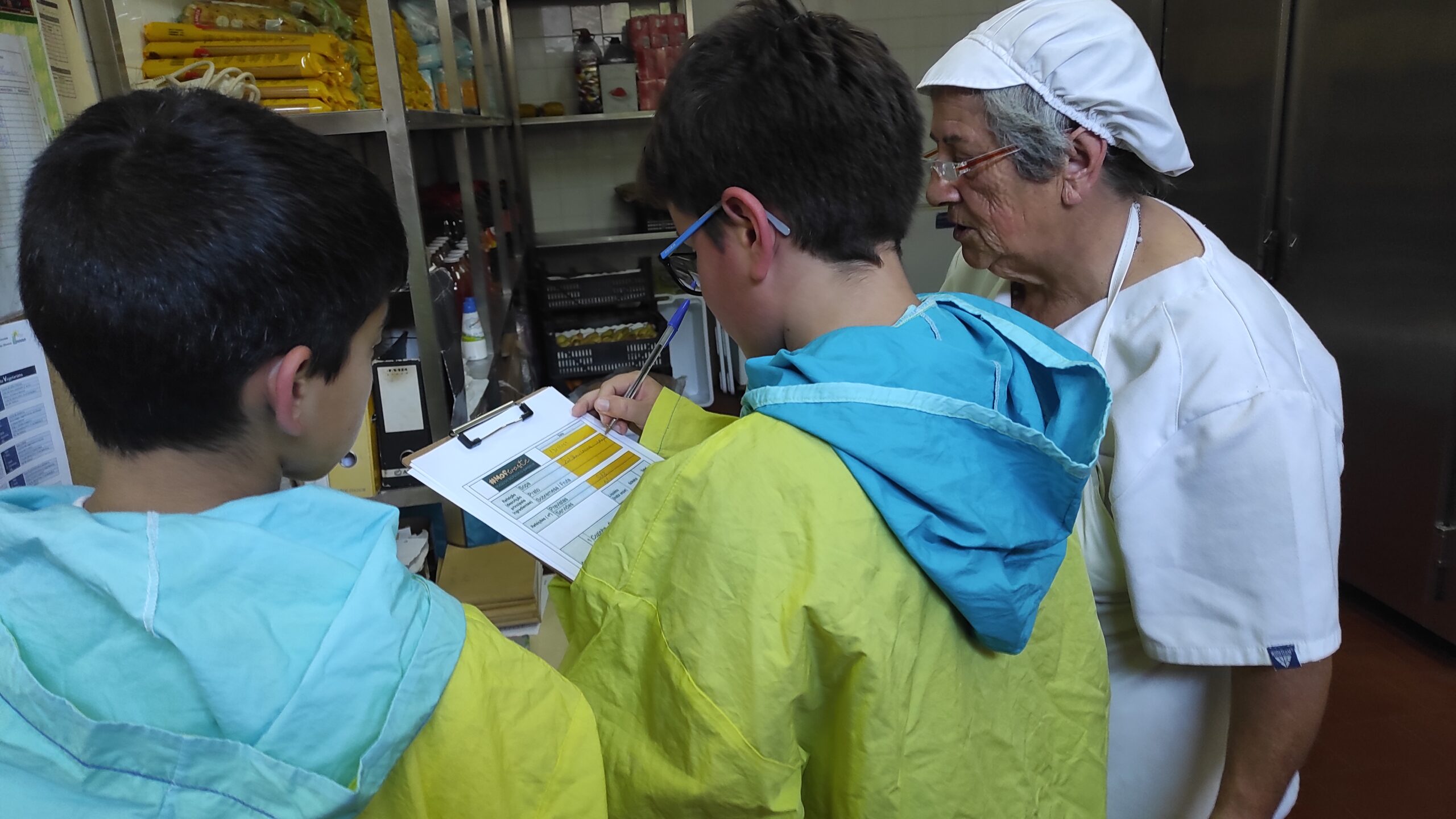
MOFWaste – The Museum of Food Waste is committed to tackling one of the most pressing challenges of our time: food waste. By framing the initiative as a museum, we emphasise our mission to relegate food waste to history. However, MOFWaste’s vision extends far beyond raising awareness—it empowers students to become active leaders in combating this critical issue and driving sustainable change.
Through the project, we have engaged students, teachers, and canteen staff across six schools in the municipalities of Esposende and Viana do Castelo, Portugal, in a collective effort to reduce food waste. Central to this initiative was a 40-day data collection process, during which food waste was systematically weighed and analysed to identify patterns and categories of waste. This process was complemented by interactive workshops where participants collaboratively developed practical and sustainable solutions to prevent waste.
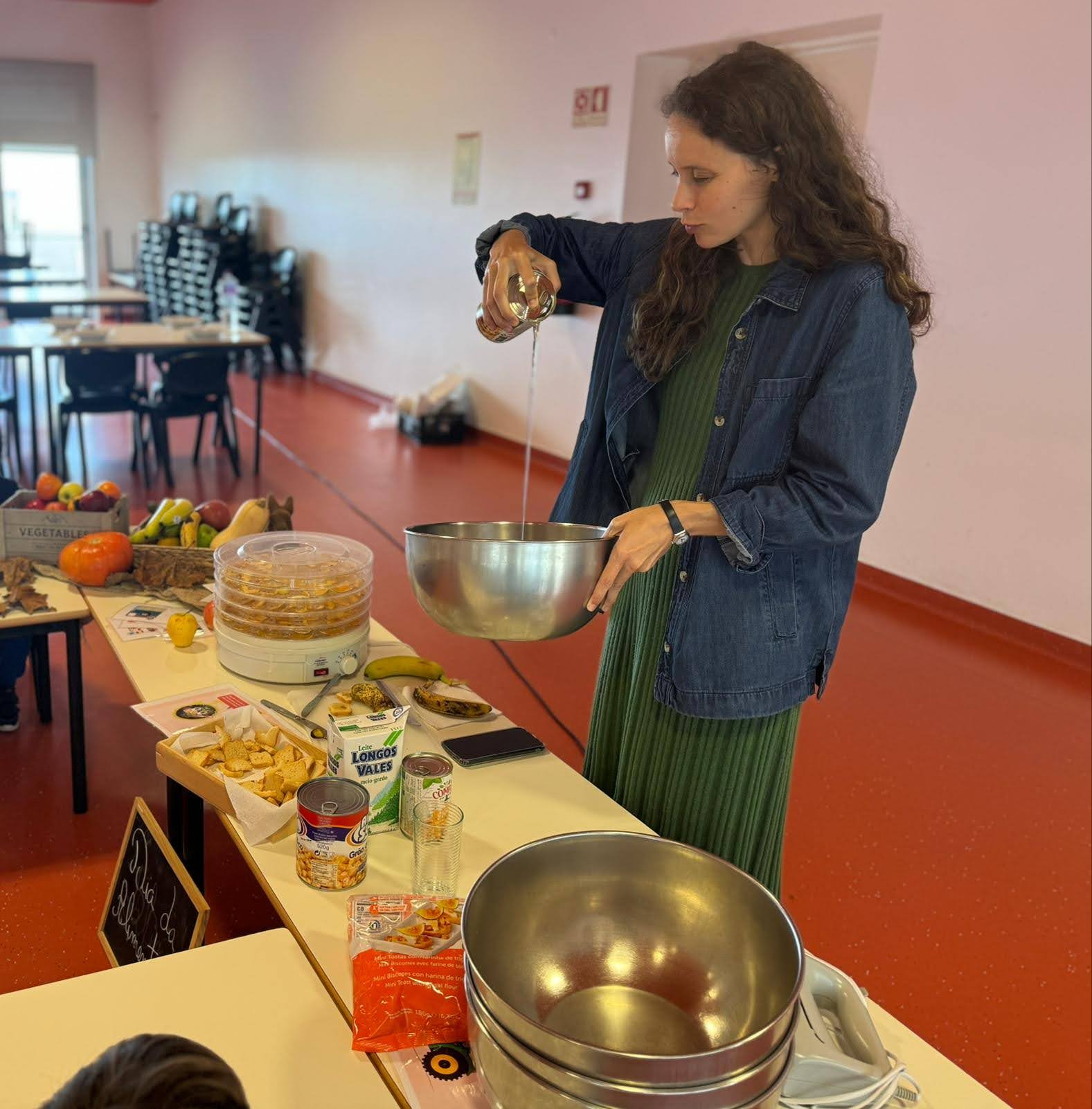
Read the Jury Statement about the MoFWaste project
In the project, students, educators, and school canteen staff in Esposende, Portugal, work together to identify, measure, and reduce food waste. Activities include hands-on workshops on composting, fruit preservation, and sustainable cooking, alongside interactive games and exhibitions. The project goes beyond raising awareness by co-creating and implementing actionable strategies in collaboration with diverse stakeholders engaged in the issue. Monitoring kits, educational materials, and collected data are made publicly available. Students were empowered to take full ownership of the process, actively participating in both data collection and analysis.
With its playful title, Museum of Food Waste draws attention to the urgent need to make food waste a thing of the past—especially in light of the growing importance of global food security. Led by Associação Rio Neiva, active in environmental education since 1989, and strongly supported by local schools, the project shows high potential for initiating networked action. The project serves as an advocacy tool to influence school boards and local policy.
The jury emphasised the fact that the project stands out for its strong stakeholder collaboration—from schoolchildren to food providers to policymakers, for its solid Citizen Science methodology, and for its potential to scale. The jury decision is based on the project’s commitment to participant ownership. It offers a replicable, inspiring model for addressing food security and responsible consumption across regions and borders. Its results and methods deserve wider visibility—including publication in academic journals—ideally in collaboration with scientists to further strengthen and expand future project campaigns.
Honourable Mentions:
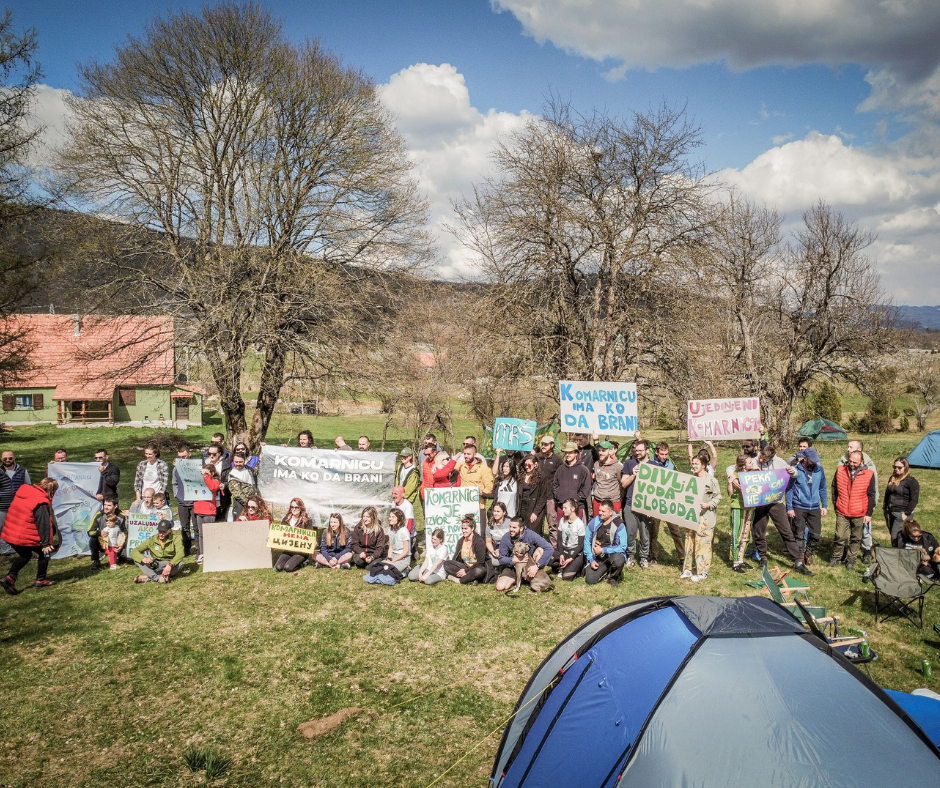
Local and international citizen scientists for biodiversity mapping of the endangered Komarnica Canyon in Montenegro
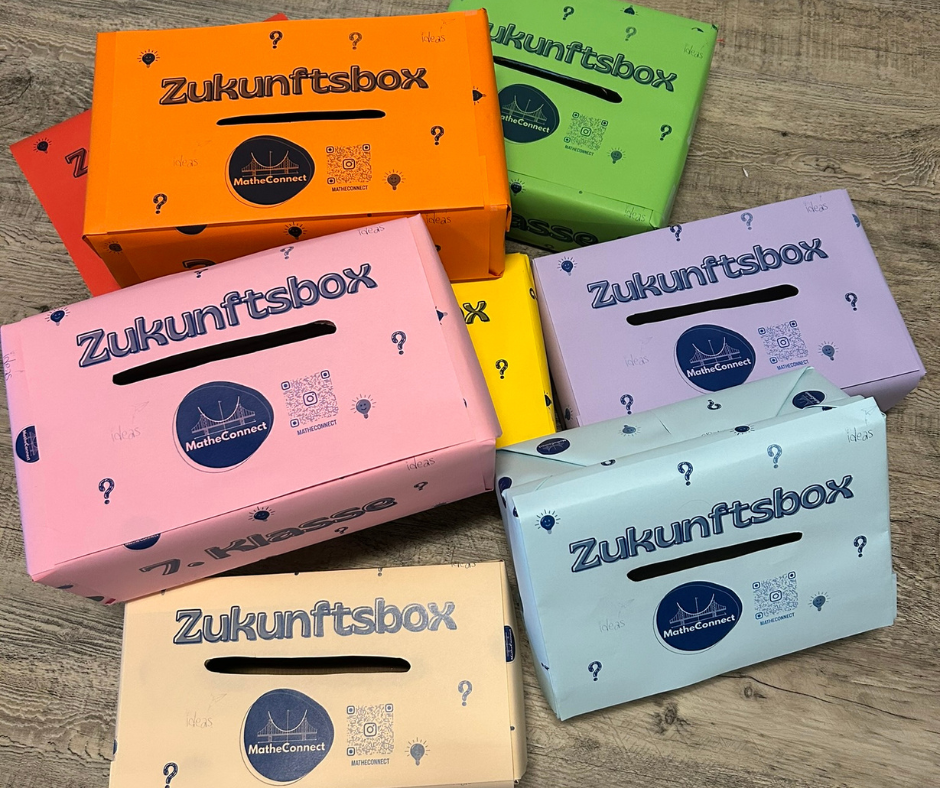
MatheConnect – Cross-curricular topics for the mathematics classroom, that matter to 21st-century learners
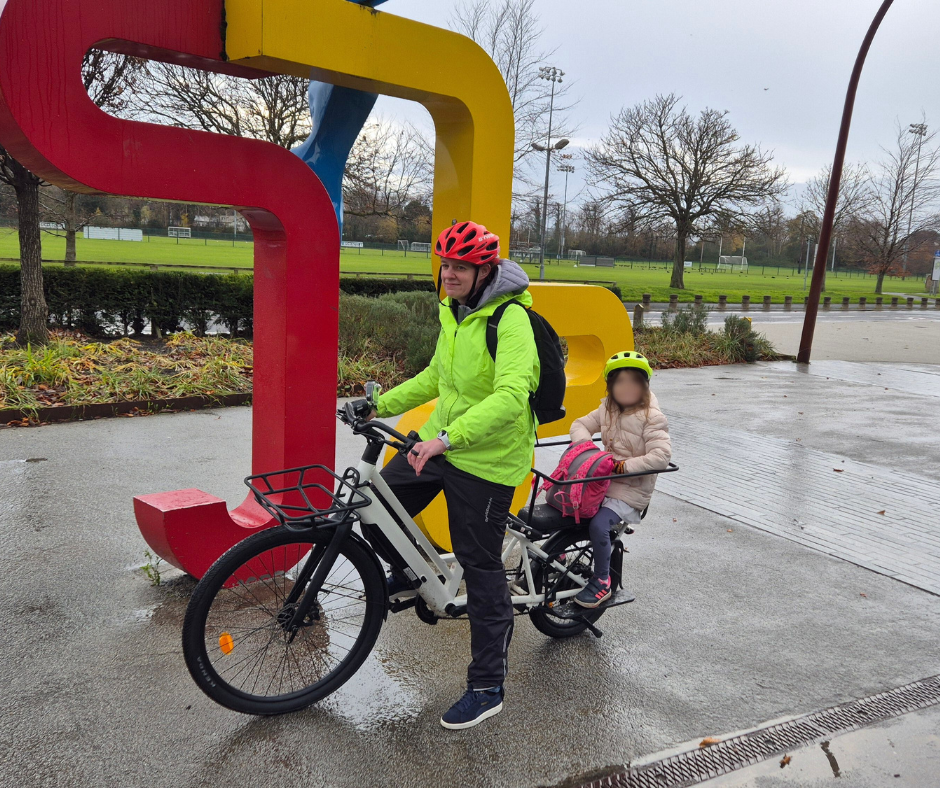
Sustainable and Healthy InFrastructure by reducing stress during active Travel (SHIFT)
Warmest congratulations to our three esteemed prize winners and the 27 remarkable projects deserving of honourable mentions. We eagerly anticipate showcasing your inspiring endeavours at the 2025 Ars Electronica festival in Linz, taking place from September 3rd to 7th.
Furthermore, we extend heartfelt gratitude to all participants who submitted their projects. And a special thank you also goes out to this year’s prize jury; you can view their profiles by clicking here.
